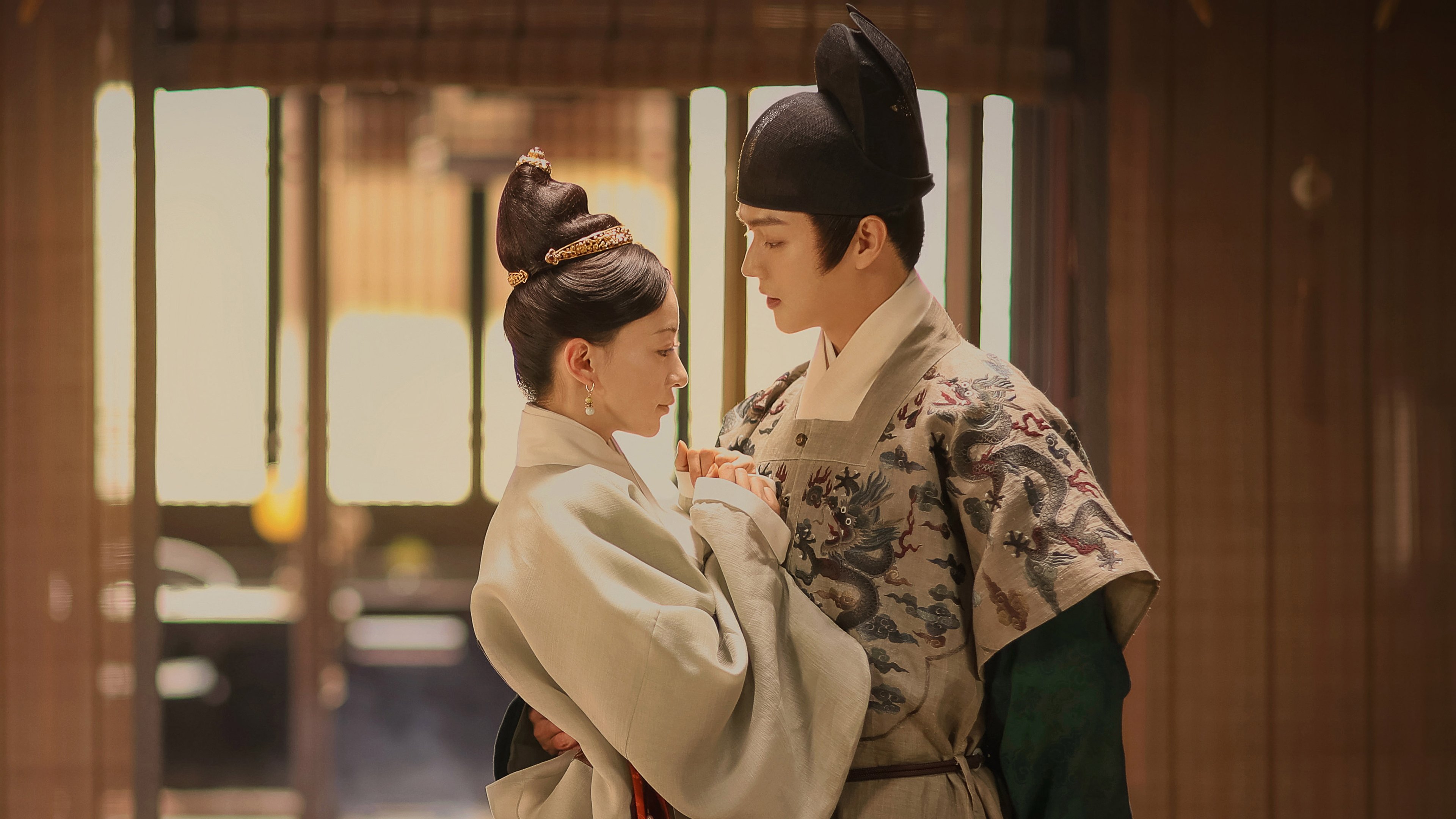Royal Feast (2022) – A Deep Dive into the Historical Chinese Drama
Introduction to Royal Feast (2022)
“Royal Feast” (尚食), released in 2022, is a historical Chinese drama that beautifully combines palace politics, culinary artistry, and romance. Starring Wu Jinyan and Xu Kai, the series immediately drew attention due to its detailed depiction of Ming Dynasty court life. More than just a love story, the drama immerses viewers in the art of Chinese cuisine while exploring themes of ambition, loyalty, and identity.
Storyline Overview
The story follows Yao Zijin (played by Wu Jinyan), a young woman who enters the palace as a maid in the imperial kitchen. Her natural culinary talent quickly distinguishes her, and she rises through the ranks despite palace rivalries. Along the way, she encounters Zhu Zhanji (played by Xu Kai), the grandson of the Emperor. Their fates intertwine in a tender romance, but the real beauty of the drama lies in how food becomes a metaphor for survival, power, and love.
Historical Setting and Authenticity
Unlike many palace dramas that lean heavily on intrigue and betrayal, Royal Feast uniquely emphasizes Ming Dynasty food culture. The production team meticulously recreated traditional cooking techniques and dishes, bringing authenticity to every scene. From royal banquets to everyday meals, each culinary detail feels like a history lesson. This dedication sets the drama apart, making it both entertaining and educational.
Performances That Shine
Wu Jinyan delivers a nuanced performance as Yao Zijin, portraying her as determined yet compassionate. Xu Kai brings charisma and warmth to his role, balancing the character’s royal authority with vulnerability. The supporting cast, including members of the imperial kitchen and the royal family, add richness to the storyline, ensuring that no character feels one-dimensional.
Themes Beyond Romance
While the romance between Yao Zijin and Zhu Zhanji is central, the drama also highlights:
-
Ambition vs. Morality – Characters must decide how much of themselves to sacrifice for status.
-
Food as Power – Cooking becomes a way to influence, persuade, and even survive within palace politics.
-
Female Empowerment – Yao Zijin’s journey shows the resilience of women navigating restrictive social hierarchies.
These layers make Royal Feast more than just a love story—it’s also a commentary on human desire and perseverance.
Cinematography and Production Quality
Visually, Royal Feast is a feast in itself. The set design captures the grandeur of the Ming Dynasty palaces, while the food scenes are shot with almost documentary-level detail. Each dish is presented like a work of art, making viewers hungry while appreciating the cultural significance. The costumes are equally remarkable, reflecting authentic historical styles with elegance and precision.
Why Royal Feast Stands Out Among Chinese Dramas
Many Chinese dramas rely heavily on palace conspiracies and revenge plots. Royal Feast, however, differentiates itself by weaving food into the very heart of its storytelling. This refreshing approach appeals to audiences who love historical dramas but also want something new and inspiring. Its focus on culinary artistry has even sparked renewed interest in traditional Chinese recipes and cooking methods.
Final Verdict
Royal Feast (2022) is not just a drama—it’s a cultural experience. With its unique blend of history, food, romance, and politics, it offers viewers something deeper than typical palace tales. For fans of Chinese period dramas, this series is a must-watch. It leaves audiences with a lingering appreciation not only for love stories but also for the artistry of food and its place in history.
.png)

